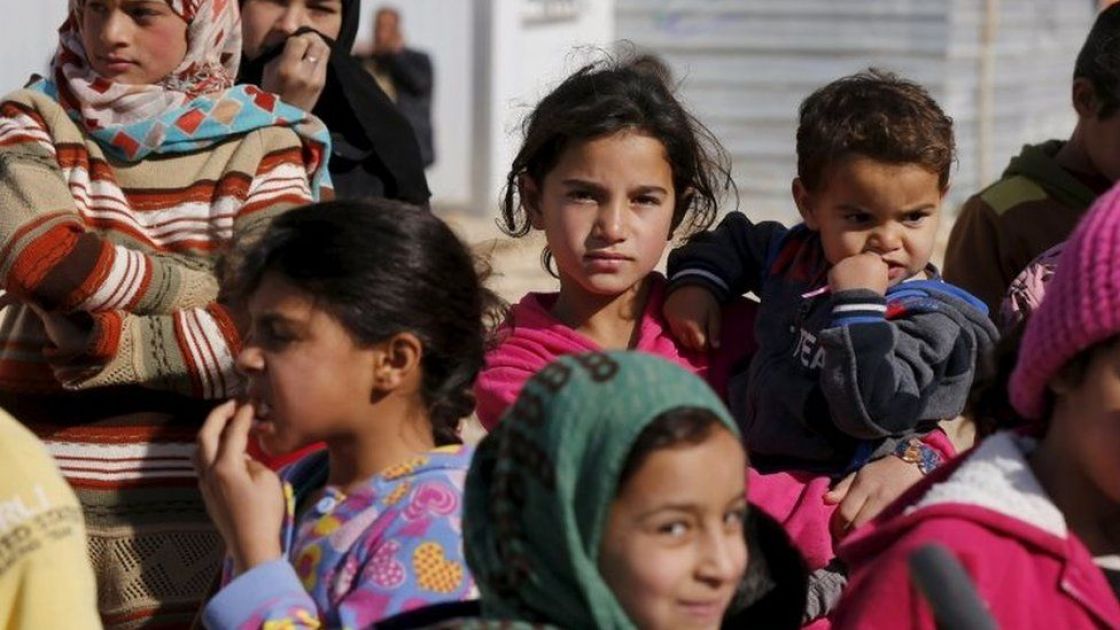- Editorials
- Posted
Kassioun Editorial 1055: Interpreting 2254, Part 2: Ruling Forces in the Regime and Opposition
As a continuation of Kassioun’s editorial 1053 about interpreting 2254 between two mentalities, which was the first part in a series of interconnected editorials, we discuss in this second part, the interpretation of the resolution between two local mindsets: the mindset of the ruling forces in the regime and that of the ruling forces in the opposition. These two mindsets ultimately deal with the resolution and the entire Syrian situation using the same logic, though from two opposite angles. Perhaps the first and most important point of overlap between the two is the “leading party” mindset that dominates the thinking and action on both sides. This is founded on exclusion, exclusivity, and claim of comprehensive and complete representation.
The Regime
The extremist forces in the regime avoid, as much as they can, even mentioning Resolution 2254. When they actually mention it, they select from it what they see fit for them. Above all they focus on talking about the need for the solution to be Syrian-Syrian and that there should be no foreign interference therein. However, practice indicates that this focus is not intended to put the resolution on the tracks towards implementation, nor to stop foreign interference, but rather to use words that are essentially right, taken from the resolution to obstruct the implementation thereof. This implicitly reflects a specific understanding based on the fact that any change not accepted by the regime should not go through, which ultimately means that the required result is that nothing changes at all.
Thus, any talk about dialogue and consensus is replaced by something that completely contradicts the political solution as a whole and is derived from the “military decisive” mindset that does not recognize the necessities of reality nor recognizes Syrians’ right to change. Thus, any talk about a political solution turns into “necessary maneuvers”, which at the right time will be terminated, according to those who are conducting them. As for what happens to the country and the people during these maneuvers, and even the possibilities related to the fragmentation of the country itself, these are not on the list of priorities.
The Opposition
The extremist forces in the opposition rejected the resolution when it was first adopted, and earlier rejected the Geneva Communique, thus mirroring extremist forces in the regime. They also later were forced to acknowledge them, though the specifics of the two situations varied.
Despite accepting the resolution and even demanding it, the opposition is still trying to restore the “toppling” slogan through it. That is, it also is dealing with the fact that the solution is Syrian-Syrian, on the basis that what it wants is what should happen, and anything else cannot be accepted. As with the extremists of the opposite side, what is happening to the Syrians in the various regions, and to Syria itself, until there is a solution, is not on the list of priorities.
The de facto division we see in Syria today, is not just a result of the international conflict in and over Syria, but rather expresses, to some degree, the mentalities that govern the extremists, which do not know and do not want to reach a compromise or middle solutions. They prefer to govern certain areas of the country with an iron fist if necessary, and of course continue with the plundering and even increase it, until the dialogue and consensus battle is entered, which will end with the Syrians being able to decide what they really want and whom they want.
In essence, the political solution idea contradicts both mindsets. The decision point with regards to the solution, i.e., the decision to end the Syrian catastrophe has become linked to forcing extremists on all sides to stop suffocating the country, and allow it to breathe again. This will be achieved by pushing, primarily nationally, towards real dialogue that leads to consensus over how to fully implement the resolution, leading to comprehensive radical change


